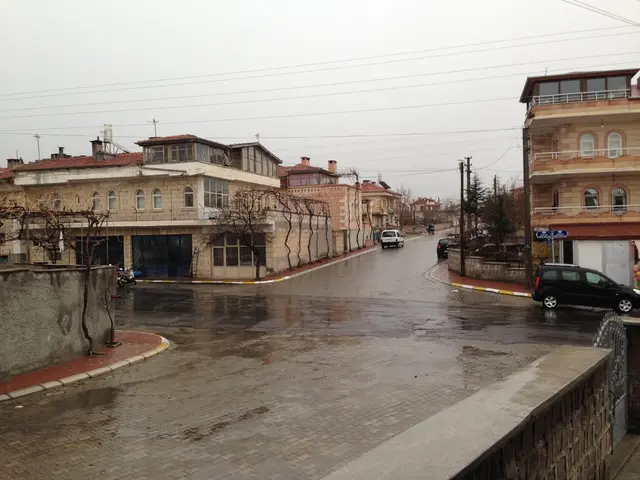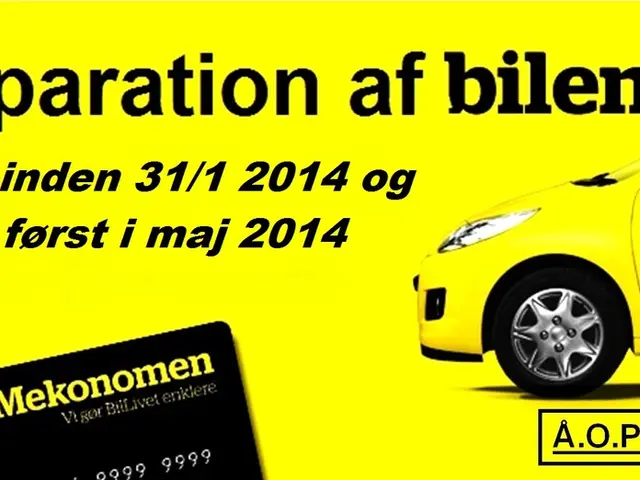Tractor Prohibition on Highways Urged by IRHA
Ireland's Motorway Network Under Scrutiny as Road Safety Calls for Ban on Slow-Moving Vehicles Intensify
The Irish Road Haulage Association (IRHA) has urged for the prohibition of tractors and slow-moving vehicles from Ireland's motorway network, expressing safety concerns as the primary motivation.
In line with the Road Safety Authority (RSA) guidelines, a tractor can legally traverse motorways if it can maintain a speed of at least 50km/h. However, the IRHA's President, Ger Hyland, contends that Ireland stands as the solitary EU member permitting tractors on motorways.
Hyland argues that tractors should be removed from motorways if Ireland is intent on enhancing road safety and minimizing further road fatalities. He claims that these slow-moving vehicles contribute to traffic build-up on the motorway, causing drivers to take evasive maneuvers at the last minute to avoid them.
During the summer months, tractors pulling trailers of hay, silage bales, or slurry spreaders, among other heavy machinery, are a common sight on Ireland's motorways. The IRHA expresses concern that a car traveling at high speeds, such as 120km/h in heavy fog, may encounter a tractor with insufficient time to react, presenting a significant danger to other road users and an imminent threat to safety.
The IRHA's members allegedly experience congestion and dangerous maneuvering due to tractors and trailers obstructing their heavy goods vehicles (HGVs) on the motorway network. Consequently, the IRHA has petitioned the Government to collaborate with the RSA and the Irish Farmers' Association (IFA) to address the issue and ensure that tractors confine their usage to local and regional roads instead of utilising motorways designed for fast-moving intercity traffic.
In response to the IRHA's appeal, the IFA contends that motorway-bound tractors are equipped to travel at speeds exceeding 50km/h. The IFA asserts that, in most cases, the tractors' motorway journeys are local, limiting the time spent on the motorway. Furthermore, the IFA maintains that numerous farm holdings are fragmented, necessitating access to the road network for farmers.
In opposition to any effort to remove tractors from the motorway network, the IFA President, Francie Gorman, argues that the IRHA's advocacy for such a ban has little to do with road safety, as suggested. Instead, Gorman perceives it as part of a broader initiative to monopolize road transport for goods in Ireland.
The Irish Road Haulage Association (IRHA) and President Ger Hyland suggest that if Ireland aims to improve road safety and reduce road fatalities, it might be necessary to reconsider the presence of tractors on motorways, as they contribute to traffic congestion and potential accident risks. In discussions surrounding this issue, the Irish Farmers' Association (IFA) defends the use of tractors on motorways, asserting that they can maintain speeds above the legal limit and that their motorway journeys are often local in nature, while also highlighting the need for farmers to access the road network for various agricultural purposes. This debate raises questions about the balance between different industries, such as finance (in terms of the impact on logistics and transportation businesses) and the automotive sector (in the context of vehicle safety), and their roles in shaping Ireland's transportation policies.








